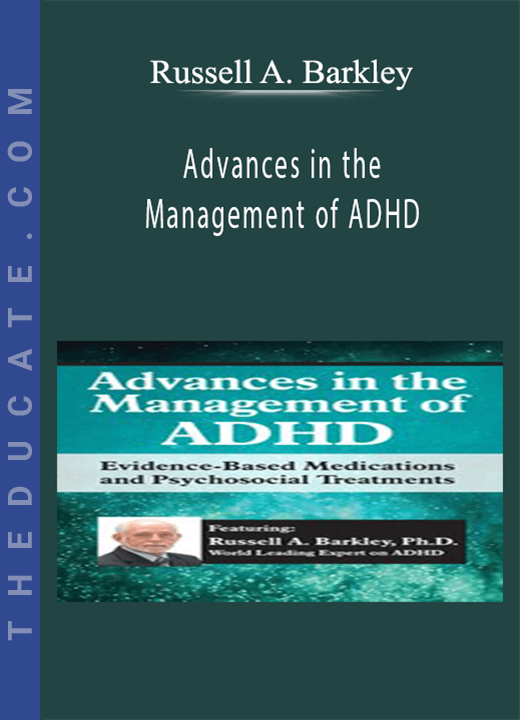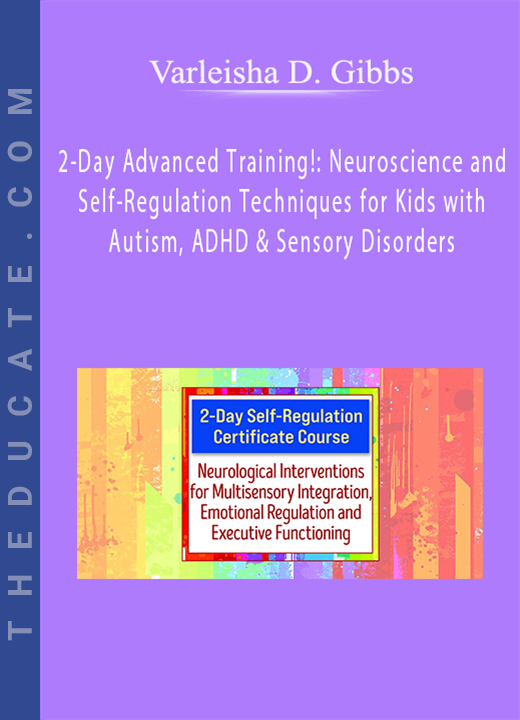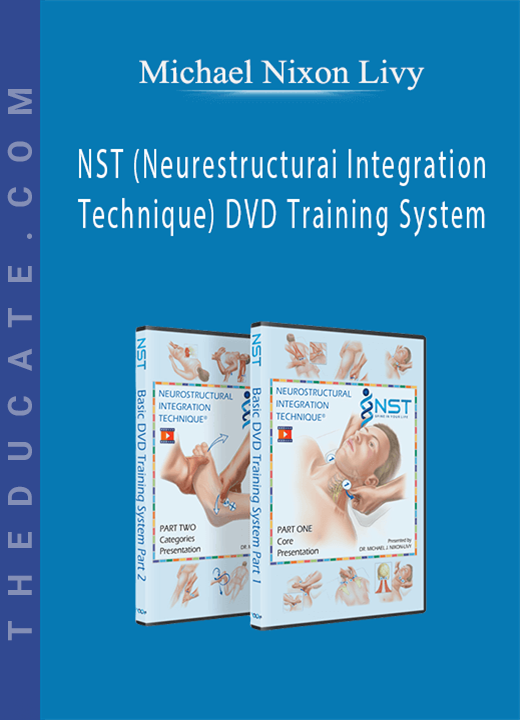Description
Advances in the Management of ADHD: Evidence-Based Medications and Psychosocial Treatments – Russell A. Barkley
The past 10-15 years have witnessed a number of major developments in the medications and delivery systems available for the management of ADHD. Dr. Russell Barkley discusses the types of medications now available for ADHD management and the various delivery systems developed to extend the effectiveness of the medications across the day. For each medication, he will present the major beneficial effects and side effects. He will also discuss various issues clinicians should consider in selecting medications to use with a patient with ADHD, such as those issues related to the social context, the patient’s characteristics, and any comorbid conditions that may exist.
This recording then moves on to an overview of the science-based approaches to the psychosocial management of ADHD. It also discusses those treatments that, while popular, have little evidence for their effectiveness in managing the disorder.
- Assess and characterize the utility of current FDA approved ADHD management medications for symptom management
- Discriminate between effective and unproven adjunctive ADHD interventions and its treatment implications
- Articulate the beneficial effects and potential side effects associated with ADHD medications in relation to assessment and treatment planning
Purpose of medication interventions
- Stimulant medications most effective and well researched ADHD interventions
- Safety, convenience and cost effectiveness are well established
Mechanisms of action for the three categories of ADHD medications Neurobiological mechanism of operation
- Traditional stimulants as compared to new alpha-2a receptor conceptualizations
Primary US approved stimulant medications
- Efficacy and factors in noncompliance
- New developments in delivery systems
- OROS, Pulse delivery, transdermal, lisdexamfetamine
Stimulant efficacy in preschoolers
- Gains smaller, side effects greater than in older children
Behavioral benefits of stimulant interventions
- Academic, temperamental
Primary side effects of stimulant interventions
- Insomnia, appetite suppression, head ache, gastric distress, cardiac effects
Common misconceptions related to stimulant use Predictors of positive response to medications Newer medication interventions
- Atomoxetine – positive and side effects, rationale for use
- Guanfacine XR – positive and side effects, rationale for use
Importance of early intervention in ADHD
- Neuroprotective effects
Off label medications used for ADHD Factors involved in choosing which medication to use
- Intervention context, patient characteristics, comorbidity
Conclusions
- Evidence based treatments
- Experimental psychosocial treatments
- Nutritional interventions
- Disproven therapies







12 reviews for Advances in the Management of ADHD: Evidence-Based Medications and Psychosocial Treatments – Russell A. Barkley
There are no reviews yet.